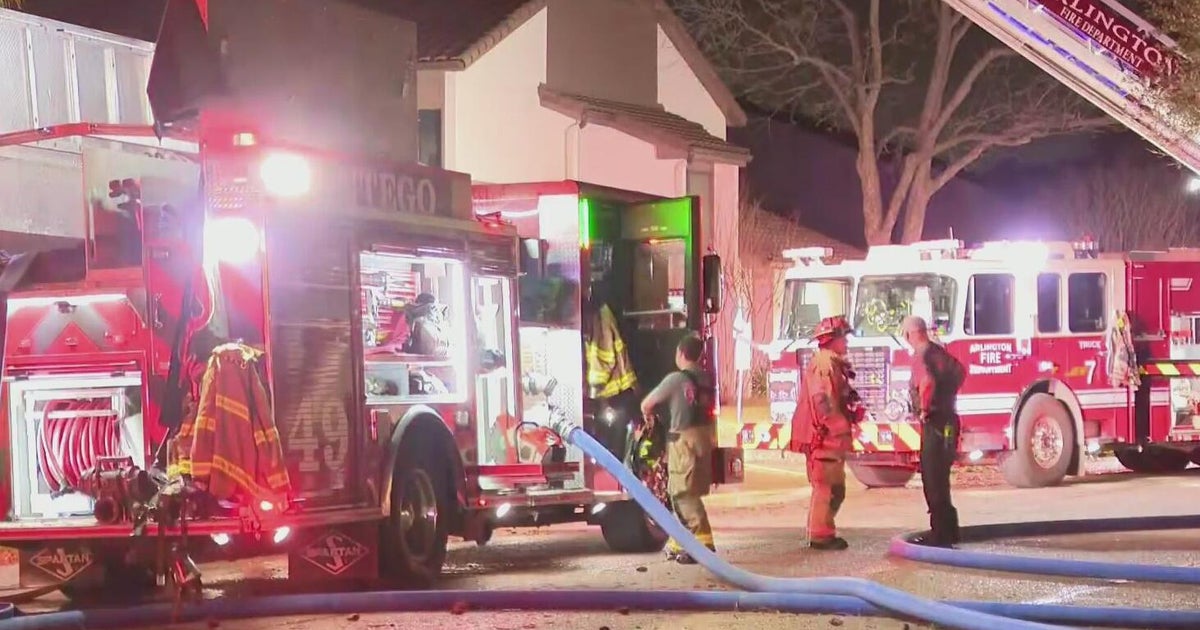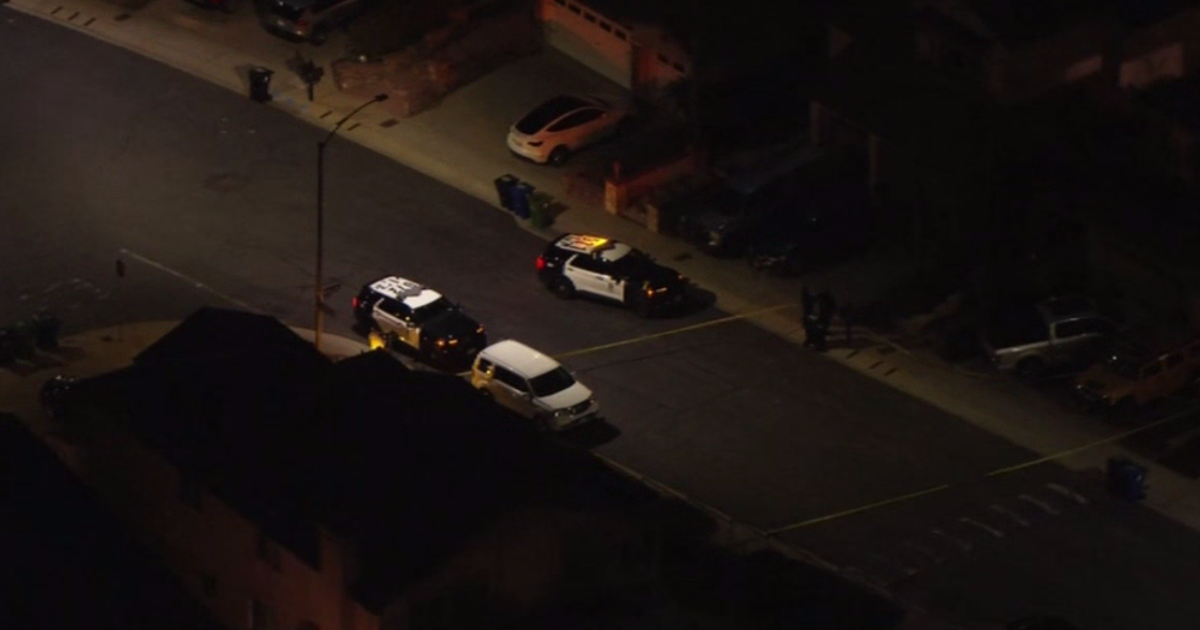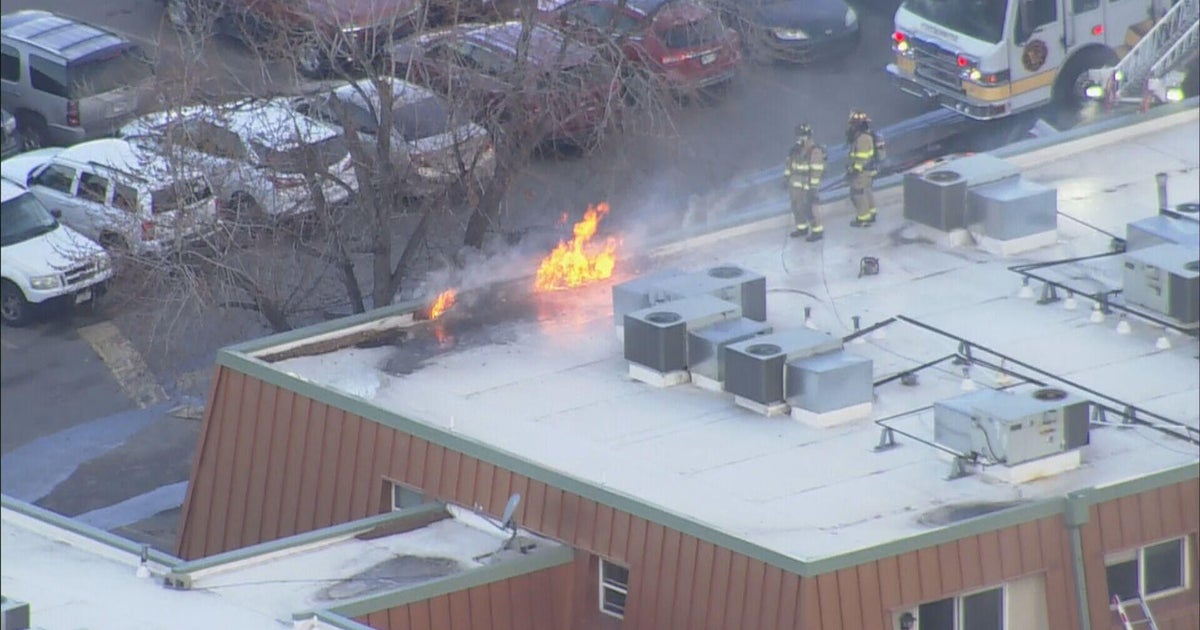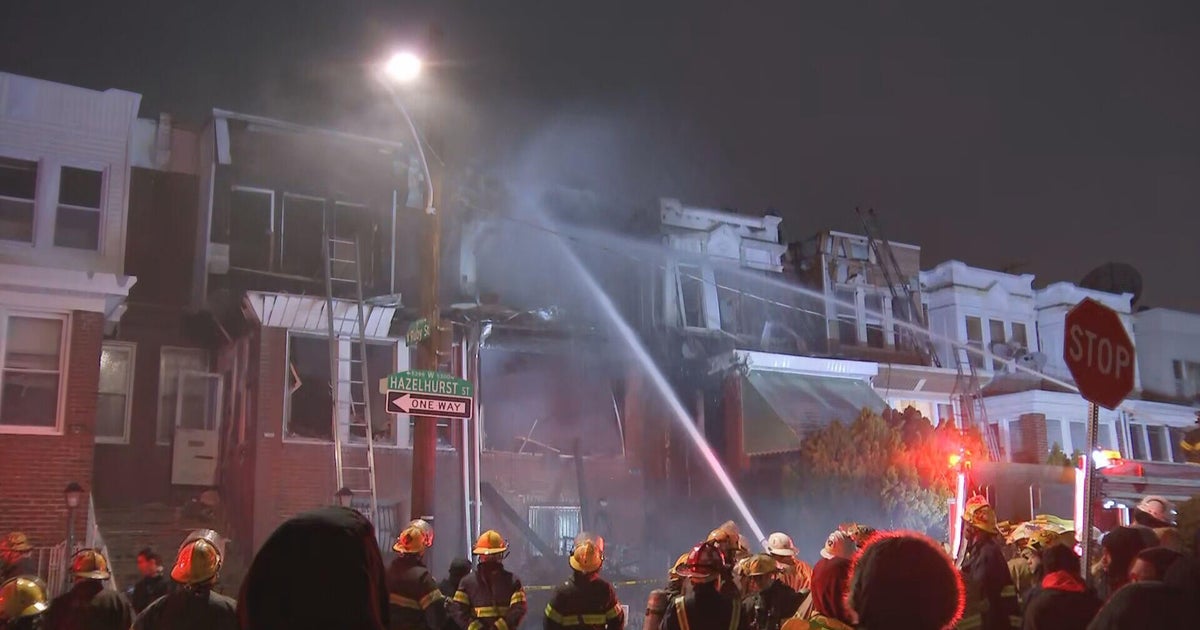Fertilizer Plant Manager Believes 50 Tons Of Ammonium Nitrate In Building That Exploded
WEST (CBS 11 NEWS) - Investigators have now ruled what many have suspected: the ammonium nitrate stored at the West Fertilizer Company's plant exploded.
But the 29 state and federal agencies involved in the probe still don't know what triggered the blast, and the fire that began at the facility before that.
On Monday, the state announced the fire began in the fertilizer and seed building, but that investigators ruled out that the blaze began in the bin holding the ammonium nitrate.
- U.S. Homeland Security Investigating West Fertilizer Plant
- State Agencies Never Considered Safety Of West Fertilizer Plant
- McLennan County Disaster Drills Didn't Include Plant Explosion Site
- Were Safety Guidelines For Chemical Followed In West?
Meantime, the fertilizer plant's General Manager Ted Uptmore Sr. told me by phone that he has no idea why the ammonium nitrate blew up.
Uptmore said at the time of the blast, he believes there were 50 tons of ammonium nitrate in the building, but that there weren't any other explosive chemicals inside.
State records show the West Fertilizer Company had 270 tons of the substance when it filed paper work on February 26 of this year.
Uptmore says that much of it was in a railcar on the facility because the company received a shipment so it wouldn't run out at the beginning of the growing season.
He says the most ammonium nitrate that the plant can store is 140 to 150 tons.
Investigators say at the time of the blast, a railcar nearby contained ammonium nitrate, but it didn't explode.
Uptmore says the railcar was flipped onto its side as a result of the blast.
The amount of ammonium nitrate on site is not something local, state or federal agencies regularly check. The facility was last inspected in 2011, something one former state environmental inspector said was evidence of a regulatory system in need of repair.
"It's broken," said Neil Carman. "It's badly broken. These kind of events should not happen in this day and age."
Carman was in and out of facilities like West Fertilizer as an inspector with TCEQ for more than a decade. Smaller facilities he said, similar to West, were often not inspected at all. When citations were made for problems, he said it was common for a company to treat it like a traffic ticket.
Carman, now the clean air director with the Sierra club, believes it would have been simple for regulatory agencies to reduce potential danger at the plant, by limiting the amount of material on hand at any one time. Agencies still share little information however, he said, leaving even emergency responders with no clear idea of potential dangers.
"A lot of people in these communities do not know what risks are right across the fence line," he said.
Last week, the state said it hoped to wrap up its investigation by this Friday.
♦♦♦ Click For Comprehensive Coverage of the West Fertilizer Plant Explosion ♦♦♦
Late Monday, the state said it needs up to two extra weeks to issue its findings.
Even before the explosion rocked the fertilizer plant, the city's Mayor Tommy Muska says volunteer firefighters realized they had to evacuate the scene.
Muska says, "They looked at it, assessed the situation, and pretty much said, they weren't going to do anything with that fire, backed up, picked up their hose and backed out. Unfortunately, time wasn't on their side."
Most of the 14 people killed were first responders.
Before pulling out of the plant, the Mayor says firefighters had to rely only on their trucks for water because he says there weren't any fire hydrants there.
Muska says, "This is not in the city limits. We don't have fire hydrants over there. This is going to be whatever you can put on your truck."
Muska says there haven't been any discussions to put hydrants there. "We don't furnish anybody water that's not inside the city limits so, it's kind of country life is like that."
But Muska says because of the size of the fire, hydrants may not have helped.
For Mayor Muska, the explosion is also personal.
He not only knew the victims, but he is a volunteer firefighter himself.
Muska responded to the scene that night, but admits he was a little behind. I was just lucky I was late. It blew my hat off, knocked me back three feet."
Muska praised the city's evacuation efforts.
He says before the explosion, they began moving some of the 133 nursing home patients to keep them safe from any explosion.
"The emergency plan had in place to evacuate this town did work. This thing could have killed three times as many."
Muska says he never imagined the plant could explode.
He says the state never raised any red flags about potential safety problems with the ammonium nitrate at the plant.
When asked if the state failed the city, the Mayor said, "No, I think what we're going to look forward and this is an opportunity for the state to look at the situation not only in West, but in all these other towns.
He says West will rebuild, and that he hopes the fertilizer plant will do the same.
But the Mayor says the facility should be moved to an area further away from homes, schools, and businesses.
Muska says, "I think the positive thing we can take out of this would mean a lot to the firefighters who died. If we can fix it, they came up with something that won't cause this again, that would be a great thing."
Also Check Out:
- I-Team: Website Allows Users To Rate Prostitutes
- Fort Worth Teen Arrested With Pressure Cooker, Fertilizer In Trunk
- Keller ISD Alum Among 4 Killed In Crash
- Police Searching For Missing North Richland Hills Teen
- West Fertilizer Plant Explosion Cause Could Take Weeks
MOST VIEWED GALLERIES
- PHOTOS: Your Pet Pictures
- PHOTOS: Dallas St. Patrick's Day Parade
- PHOTOS: Pope Francis I







